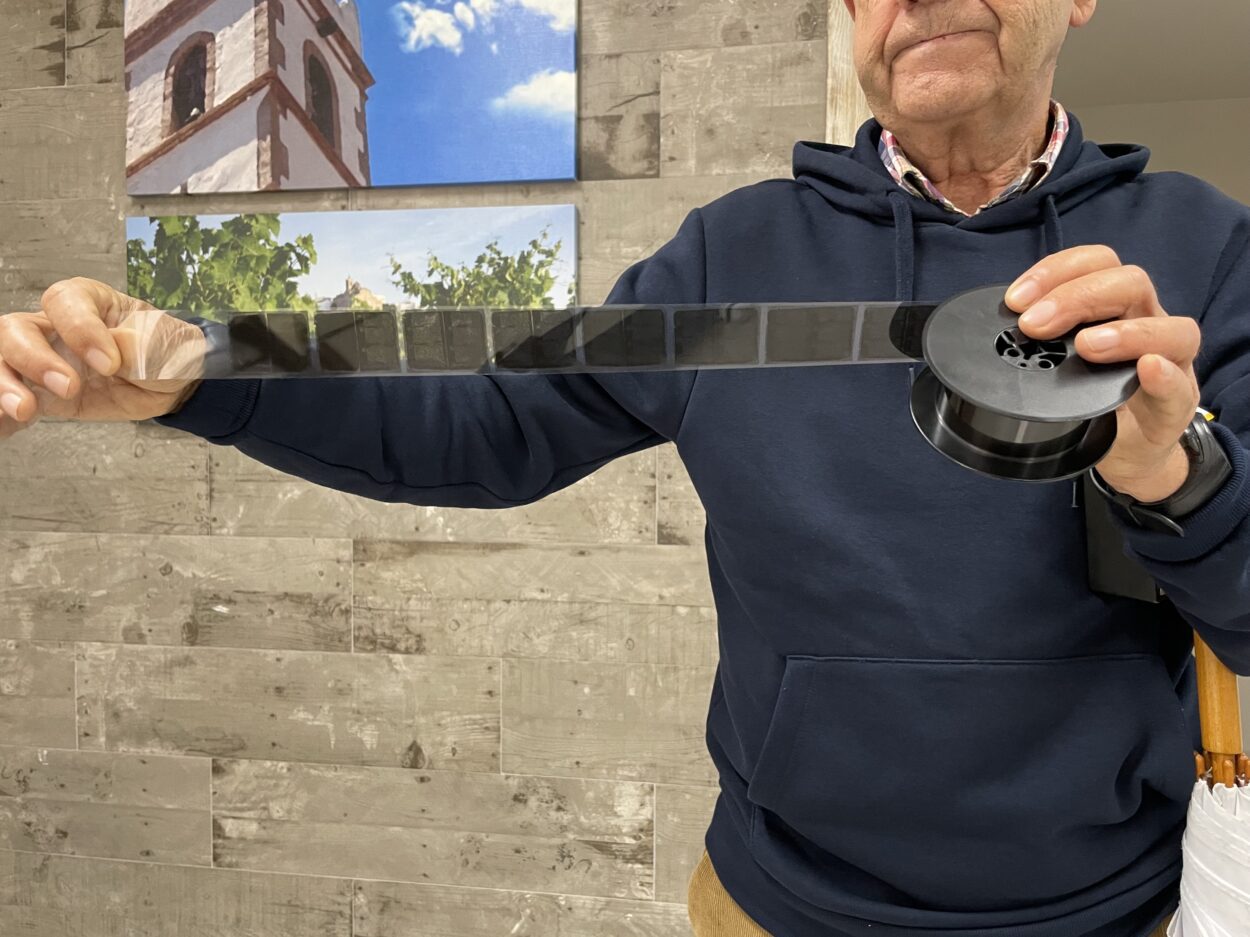
The Council of El Poble Nou de Benitatxell, through a process of professional digitisation, has recovered the “Quinque Libri” of Santa Maria Magdalena Church, consisting of five sacramental books. They are among the few documents that were saved from destruction during the period of the Civil War and were officially kept in handwritten form at the church records.
These books record the movements of the residents who made use of the four sacraments (baptisms, deaths, marriages and Easter celebrations), as well as the church’s financial accounts.
The restoration and microfilming of 1998
In 1998, in view of the deplorable state of the books of the church, the restoration and microfilming of the first eight volumes (books I-VIII, up to the year 1882) was carried out at the Restoration Centre of the Archive of the Kingdom of Valencia.
It was at the initiative of the researcher Miquel Almenara, who, in order to prepare the events to celebrate the third centenary of the constitution of the town, contacted the Council to obtain funding, also with the authorisation of the then priest of the church, Mr. Joan Ortolà.
The company Microfilmaciones Codoñer from Valencia carried out the microfilming of the restored Quinque Libri in five films, with a total of 2,100 double photogrammes. The Council, as a collaborating entity in this work, kept a copy.

However, technological changes and the lack of a reading device meant that last year the digitisation of these volumes was considered with the intention of also making them available to the public. The current government team, with the advice of the researcher Miquel Almenara, took on the task of finding an expert to study the feasibility of converting the microfilmed volumes into digital format. The work has been carried out by professional photographer Xavier Mollà i Revert, who has recently handed over the material to the Town Hall. It is hoped that it will soon be available to all citizens at the Municipal Library.
The importance of the books of the church
The implementation of these books in the churches came about as a result of one of the orders issued by the Council of Trent in the session of November 1563, although the Spanish monarchy made them official throughout its territory in 1564 by Royal Decree.
When El Poble Nou de Benitatxell was constituted as a town in 1698, a church was not created, but a vicarage dependent on the one of Xàbia, where these books were kept. It was in 1768 when the Quinque Libri were established, already kept at Benitatxell’s church.
The civil world did not keep any kind of official register of births, marriages or deaths. This register was not compulsory in Spain until 1870. This is why these books provide much more complete information than the civil register.
‘The Quinque Libri Sacramentales are part of the patrimony of El Poble Nou de Benitatxell, and are an incalculable source of information about all the people who, in one way or another, have passed through our town’, said the councillor of Patrimony, Víctor Bisquert, who thanked the researcher Miquel Almenara for his collaboration in this important task of recovery.